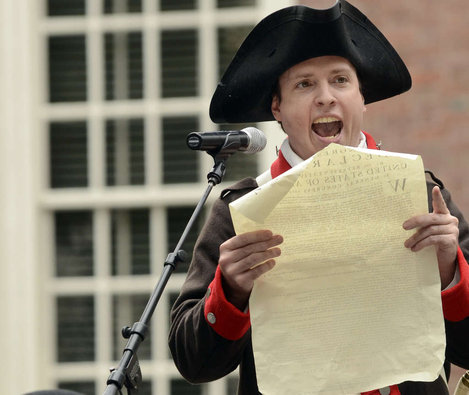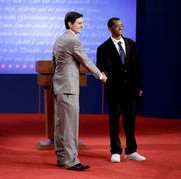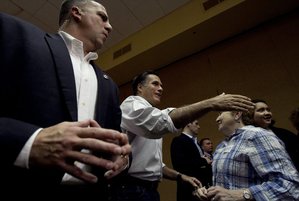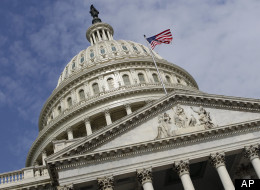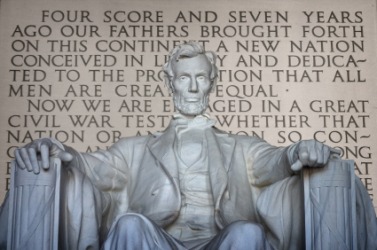The current crowd of would-be secessionists quotes freely from the Declaration of Independence. They should read another of Jefferson’s great works, his first inaugural address, in which he says, the first principle of republics is “absolute acquiescence in the decisions of the majority”.
Author: gcalder
Not your father’s presidency
Talking to kids about “growing up to be president” 40 years after Watergate.
PSU figures defy gravity
The Penn State scandal won’t hurt admissions. It might even help.
1812: The war without a name
In its bicentennial year, we should give it a name that conveys some useful information about the conflict.
For city schools, a century of struggle
Reports of the imminent collapse of the Philadelphia school district are exaggerated. It has struggled since it was created and it’s worth considering that history before the next rescue operation is undertaken.
The president’s palace guard
Nineteenth century Americans would be horrified to see that the president of United States now lives surrounded by armed guards, bulletproof glass and surface-to-air missiles. They hoped that a chief executive elected by the people would not need protection from his fellow citizens.
Big-tent politics of yesteryear
In this presidential election year at the sesquicentennial of the Civil War, it’s worth looking back to the master of “big tent” politics, Abraham Lincoln.
Colleges adapt to marketplace
Despite the presence of price tags in the neighborhood of $60,000 per year, competition is alive and well in the world of higher education.
Gridlock is good: Washington paralysis only mirrors our own
Americans love to sound off about the shortcomings of our government. Thanks to the First Amendment, we’re allowed to. We have a right to air our opinions and to criticize the system. We don’t have a right to to get what we want. And that’s a good thing.
A revisionist view on history tests
An Inquirer article reported that only 13 percent of the high school seniors who took the National Assessment of Educational Progress in history “showed a solid grasp of the subject.” Okay, but who decides what constitutes a “solid grasp”?

